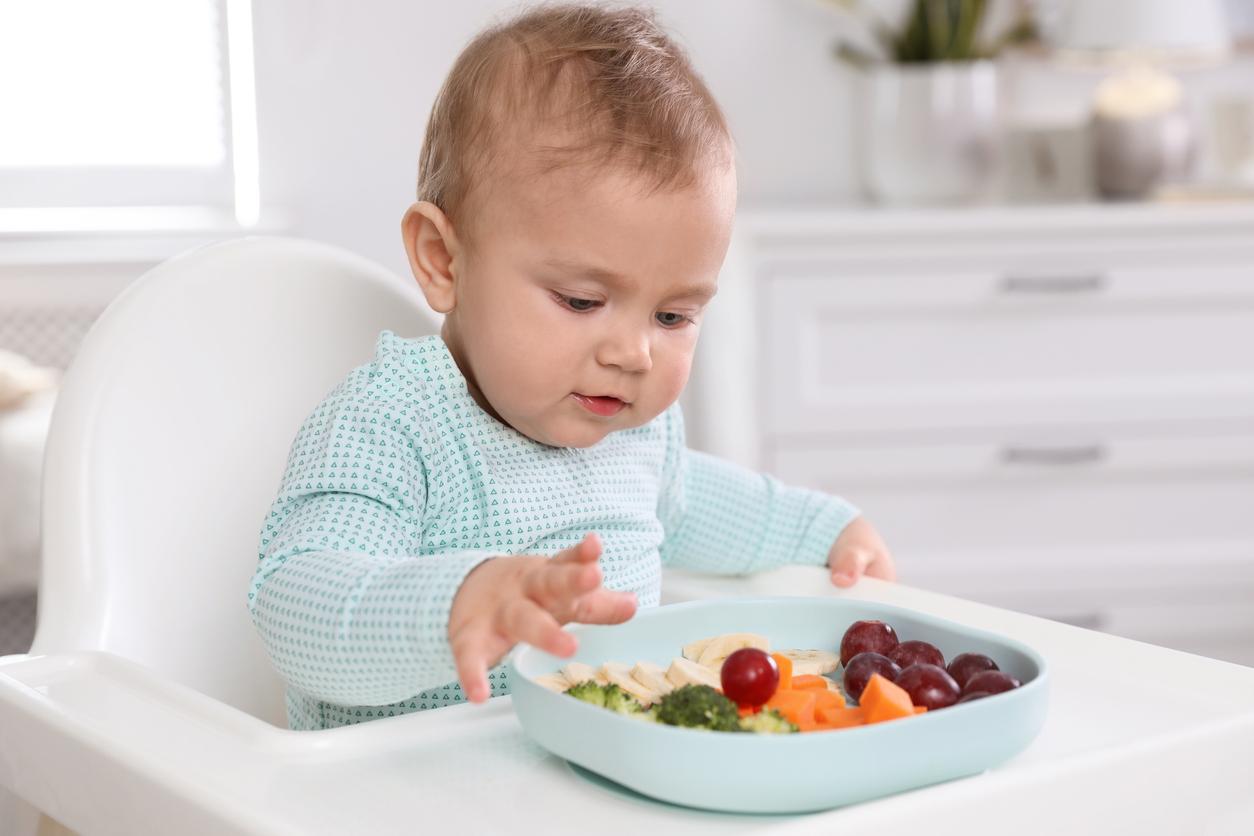Most older people want to “age in place”, but many have not taken the necessary steps to make it happen.

- New US poll shows many older people have not planned or prepared for aging in place despite wanting to stay at home
- A recent barometer estimates the cost of living at home in France for the elderly at €13,078 per year, or €1,090 per month on average over 30 years, from the age of 65.
The problem of abuse in retirement homes in France and the vulnerability of the elderly during the pandemic around the world, have highlighted the question of the autonomy of our elders and their ability to stay as long as possible in their homes. In France, 90% of French people would prefer to age at home, according to an Odoxa survey published in 2019. But a survey conducted in the United States shows that staying at home and all that it involves requires being prepared for be a solution when old age and loss of autonomy arrive.
National survey
Indeed, according to this national poll on Healthy Aging from the University of Michigan conducted among 2,277 adults aged 50 to 80 in the United States, a large majority of people over 50 say it is important that they continue to live in their current home for as long as possible. But many people in their 50s, 60s and 70s need to do more to modify their homes or plan for services they might need if they want to avoid or delay the need to move.
Indeed, of the 88% of people aged 50 to 80 who said it was very important or somewhat important for them to live in their own home for as long as possible, only 15% said they had thought a lot about how their home might change as they get older. 47% gave it little or no thought.
In addition, 48% of people who live alone say they do not have someone around them who could help them with personal care such as bathing and dressing if necessary, compared to 27% of people who live with someone.
As for hiring a helper, 19% of older adults are very confident that they can pay someone to help them with household chores, shopping, personal care or managing their finances. By contrast, nearly two-thirds of those who rated their current physical or mental health as “fair” or “poor” said they were unsure or not very sure they could afford such help.
Positive investment
Survey director Preeti Malani, a professor of infectious diseases at Miami School of Medicine who is also trained in geriatrics, said older adults should explore with their healthcare providers and local social service agencies what types of support they have, and talk to those close to them about their goals.
“Family members can encourage seniors to learn about what’s available, invest in home improvements, and help them install security features and technology that can help them age in place. It is a positive investment for current security and future independence, which can help older adults overcome the temptation to procrastinate.”
.

















